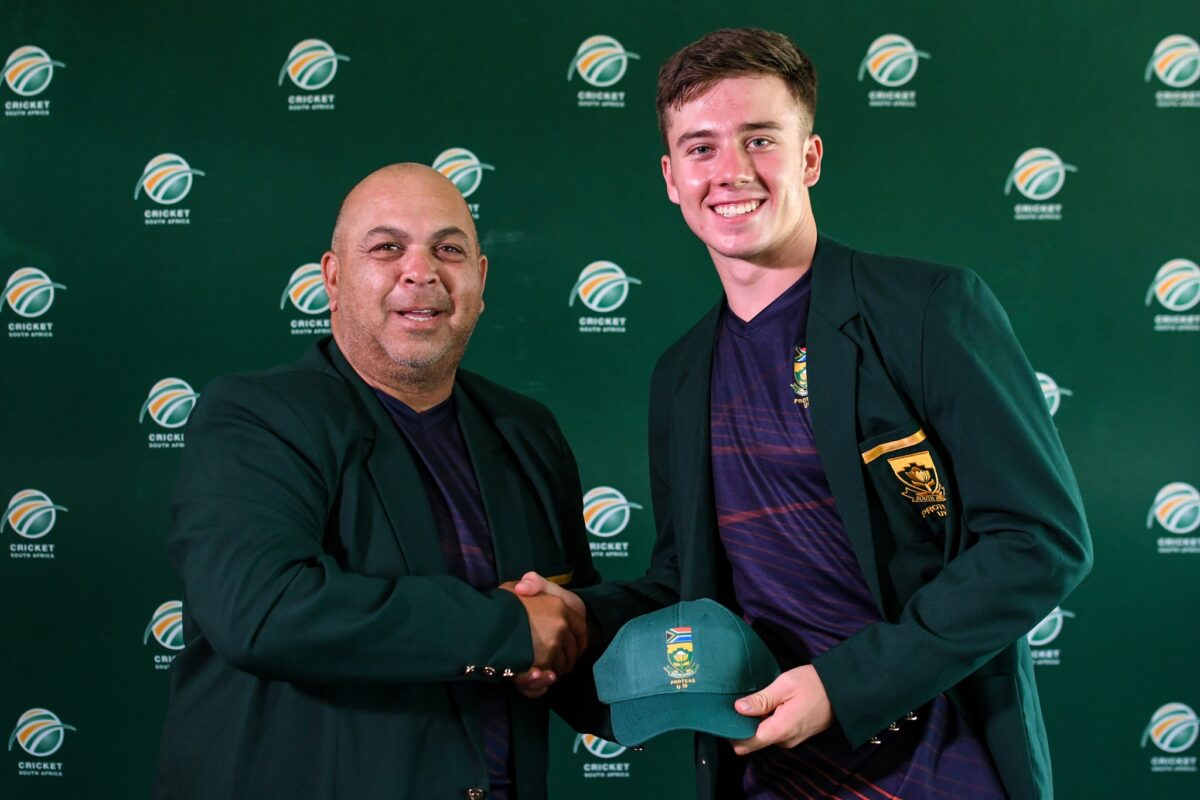Latest News
How Conrad plans to handle the tangle of club and country

Shukri Conrad now holds the reins of South Africa’s men’s teams across all formats, yet paradoxically, his scope of autonomy may shrink compared to when he was in charge of just the Test squad.
Cricket South Africa (CSA) confirmed Conrad’s expanded role on Friday, following Rob Walter’s exit from the white-ball coaching position at the end of April. During their overlapping tenures, Walter and Conrad steered South Africa to its first-ever men’s World Cup final—the 2024 T20 edition—and into the upcoming World Test Championship decider against Australia at Lord’s. Notably, they operated without selectors, independently choosing squads and playing XIs.
Now, in a classic CSA twist, a selection convenor will be reintroduced to oversee team composition, reversing recent progress. Applications for the role closed on April 29.
“I don’t think the phrase ‘dealing with a convener’ captures what we’re aiming for,” Conrad said at a press briefing. “Ideally, it’ll be someone aligned with the vision of putting South African cricket and the Proteas first.”
CSA’s director of national teams, Enoch Nkwe, framed the change as a means to “support coaches and increase on-the-ground presence,” even if it effectively curtails Conrad’s previous freedom.
A bigger challenge looms: retaining top talent amid the global pull of lucrative T20 leagues. “We intend to field our strongest side every time the Proteas play,” said Conrad. “I’ve made it clear to players—those across all formats and those with single-format contracts—that national duty remains a priority.”
How enforceable that stance is remains in question. In early 2024, the SA20 clashed with a Test tour of New Zealand, forcing Conrad to field an understrength team that lost the series 2-0. Similarly, Walter’s white-ball sides frequently missed key players due to league obligations, resulting in inconsistent results: 10 wins from 21 ODIs and six from 22 T20Is during his tenure.
Conrad, however, remained firm: “The Proteas are not a franchise. They’re not a convenience. We’re cultivating a culture players want to be part of—where regular participation ensures cohesion and readiness for major tournaments.”
He emphasized consistency: “We can’t have key players dropping in just for World Cups. This has to be strategic. Our top players understand that. Once we commit to this path, there’s no ambiguity.”
While supportive of players participating in leagues during South Africa’s downtime, Conrad drew a clear line: “When we’re playing, they must play for us. Rest means rest. You can’t rest from the Proteas and go play elsewhere.”
Responding to whether this stance was an ultimatum, he clarified, “No ultimatums—just honest conversations. The Proteas come first. Every player I’ve spoken with agrees.”
Whether his blueprint works is the bigger test. South Africa faces 29 international matches between June and December, including a packed tour schedule featuring Zimbabwe, Australia, and England. Meanwhile, global T20 leagues like the MLC, the Hundred, and the CPL overlap with that window. Star names like Ryan Rickelton, Marco Jansen, and David Miller are already committed to those competitions.
How Conrad navigates those potential clashes will define his tenure. Known for reinvigorating the Test side with bold strategies and fostering player buy-in, he may be uniquely placed to reclaim ground lost to franchise cricket.
Nkwe seems to believe so. Asked whether other candidates were considered for the all-format coaching role, he said simply: “It was always coach Shukri.”